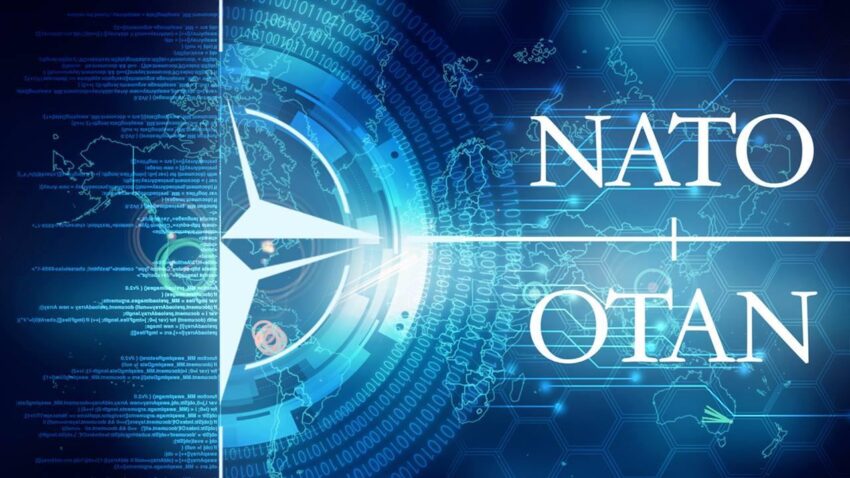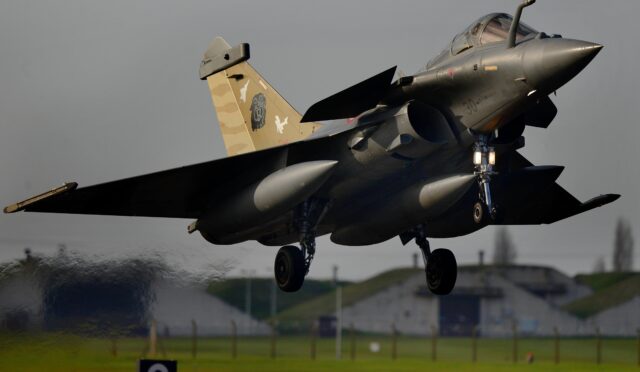NATO Cybersecurity: Leidos Secures $87M Contract for Solutions
Leidos has officially been awarded an impressive $87 million contract by NATO’s Communications and Information Agency. This partnership is set to focus on developing a centralized IT solution that leverages private cloud technology, with the objective of significantly enhancing the alliance’s cybersecurity and network resilience.
Under this substantial contract, Leidos will spearhead a multinational team that includes prominent players such as Thales from France, CGI from Germany, Italy’s Leonardo, and the UK-based firms LA International and NEXOR. The primary goal of this project is to improve network scalability while also supporting NATO’s broader digital transformation initiatives. By integrating essential functions such as IT service management and cybersecurity across NATO’s operational networks, the project aims to enhance both interoperability and command efficiency.
Transforming Cyber Capabilities
Steve Hull, the president of Leidos’ digital modernization sector, commented on the project, emphasizing the company’s long-standing commitment to NATO. “This initiative reflects our dedication to providing innovative solutions that are secure and mission-ready, tailored to adapt to evolving operational needs,” he stated. Hull also noted that this contract creates opportunities for more integrated collaboration across transatlantic defense networks, enabling NATO teams to stay securely connected and share crucial information with enhanced speed, agility, and confidence.
This move is part of NATO’s ongoing initiative to strengthen its cyber defenses. In July 2022, the alliance revealed plans for the establishment of a new cyber center, which will function to improve coordination and resilience against cyber threats. The NATO Integrated Cyber Defence Centre will be located at the Supreme Headquarters Allied Powers Europe in Mons, Belgium, with objectives to bolster network reliability, enhance situational awareness, and improve operational coordination.
Response to Cyber Threats
The initiative for the new cyber center follows a notable cyberattack in 2023 that was attributed to the hacktivist group SiegedSec. This breach compromised sensitive planning and research documents, leading to disruptions of NATO’s unclassified websites. The incident raised significant concerns regarding the alliance’s capability to safeguard communications essential for sharing intelligence on emerging threats.
In light of these developments, NATO’s new cyber center seeks to address these vulnerabilities. By enhancing collaboration and implementing advanced cybersecurity strategies, NATO aims to reinforce its defense mechanisms, ensuring that member nations are better equipped to handle future cyber challenges.






